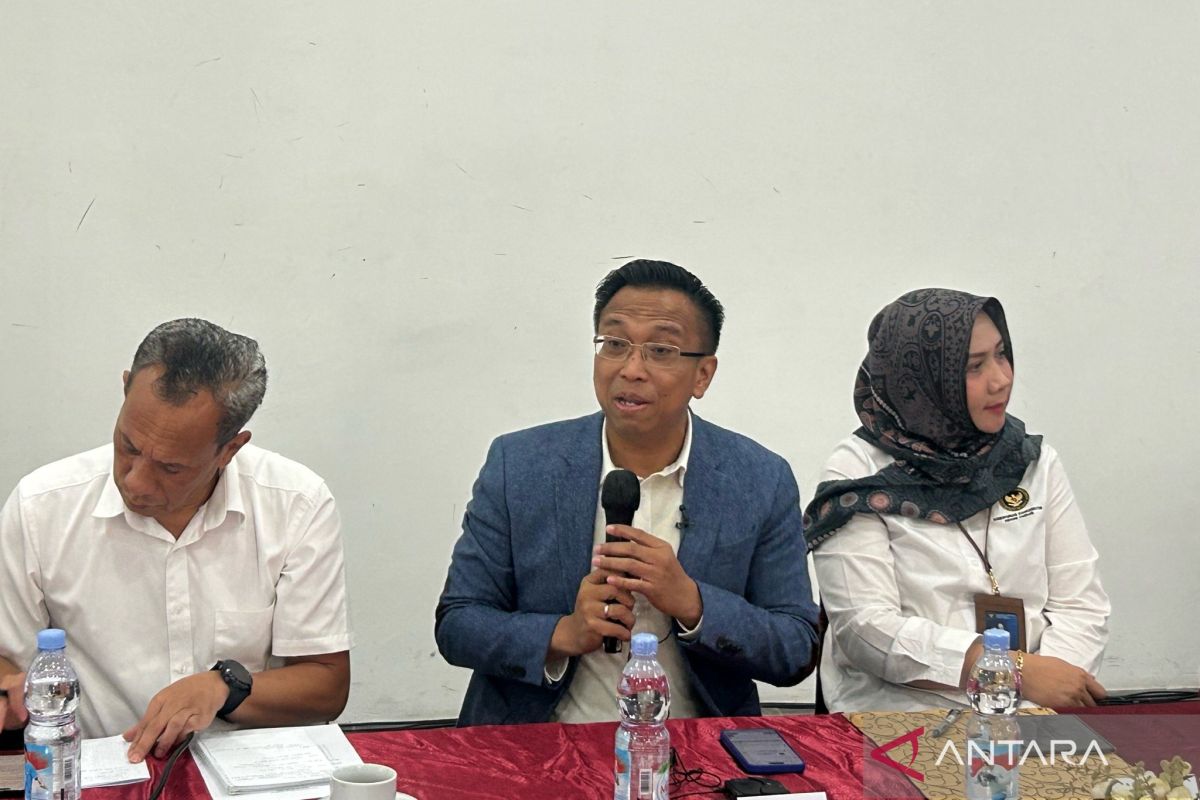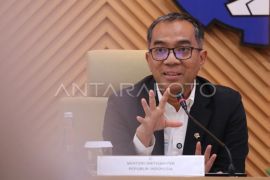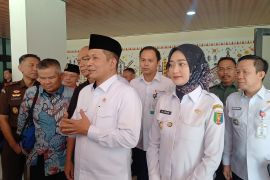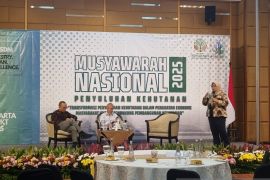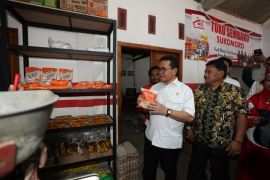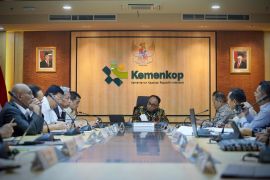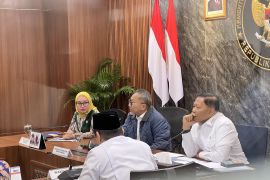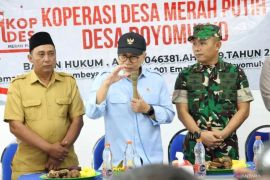Deputy for Trade and Food Distribution Coordination at the Ministry, Tatang Yuliono, explained that BUMDes typically manage village infrastructure, including tourism areas. Meanwhile, KDMP focuses on business activities such as savings and loans.
"The BUMDes will not be involved in businesses like food distribution or financial services such as savings and loans. Likewise, KDMP will not build roads, bridges, or manage regional tourism. The two have distinct roles," Tatang elaborated during an editorial discussion at the ANTARA Heritage Center in Pasar Baru, Jakarta on Monday.
Tatang emphasized that since BUMDes and KDMP have different scopes of work, there will be no overlap between them.
He added that one of the key advantages of cooperatives like KDMP over BUMDes is their profit-sharing system, which directly benefits members.
The development of KDMP is being carried out through three main strategies: establishing new cooperatives, strengthening existing ones, and assisting underperforming cooperatives.
Institutionally, KDMP includes various facilities such as offices, food outlets, savings and loan units, village clinics and pharmacies, cold storage, and logistics and distribution services. These facilities are expected to help village communities access basic needs at affordable prices.
"We hope that both institutions can work in a complementary and integrated way. Some functions may be carried out by BUMDes, while others by KDMP. However, we are confident there will be no overlap," Tatang concluded.
Related news: BUMDes-Red and White Cooperative collaboration drives local economy
Related news: Village cooperatives-BUMDes collaboration key for rural progress
Translator: Yoanita Hastryka Djohan
Editor: Primayanti
Copyright © ANTARA 2025
